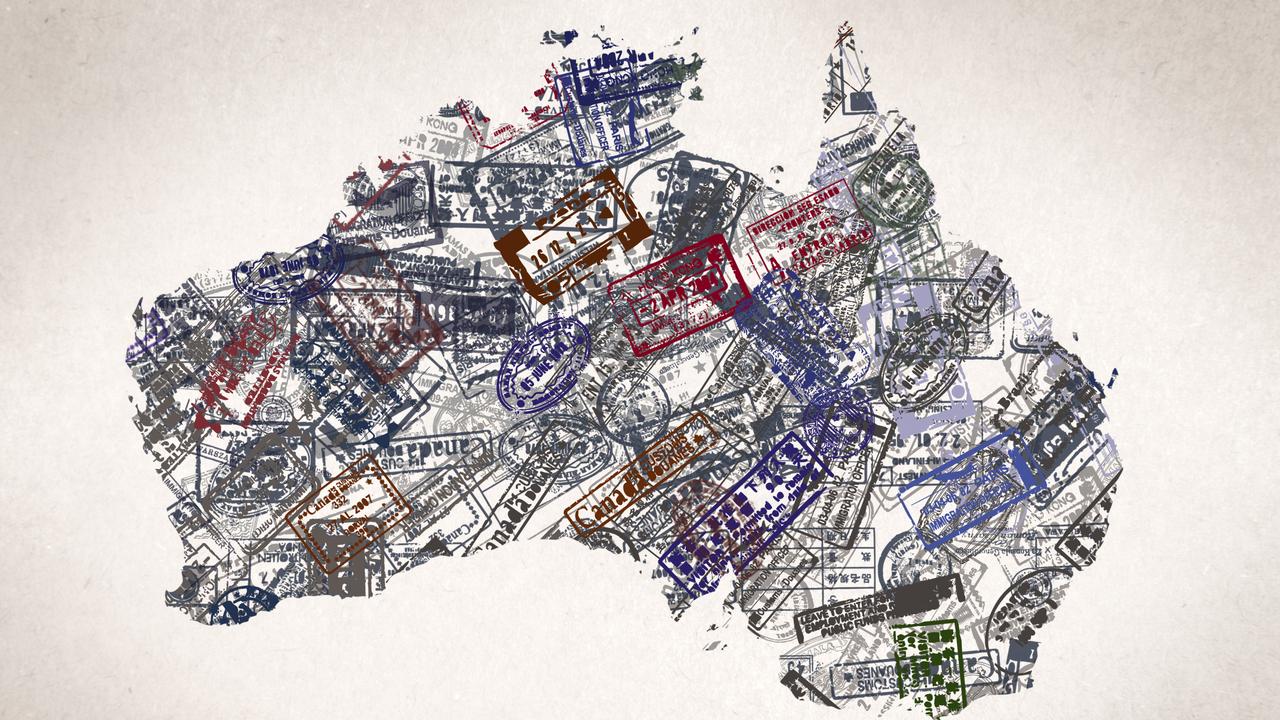
The most important part of the federal and state leaders’ agreement on the NDIS was its acceptance that it needed to “restore the original intent of the scheme”.
It is a clear acknowledgment that the National Disability Insurance Scheme should be restricted to those with the most significant and permanent disabilities.
Other people with disability, millions of Australians, should be helped outside the NDIS, national cabinet agreed, as it committed to jointly providing more support in settings such as schools and childcare.
The costs of these new “foundational supports” would be split 50-50 between the states, up to a cap for the states based on other health and disability funding under state-federal arrangements.
What exactly these new disability services entail, and how much they will cost, will be determined in coming months by state and federal bureaucrats and vetted by state and federal treasurers, all of whom are crying poor.
It is still early doors, the meeting noting that the agreement is national cabinet’s “initial response” to a major review of the NDIS to be made public on Thursday, but the acceptance by the heads of government that the NDIS was only ever intended to support those with the most profound need, and that it had veered away from this course over its first decade, offers the opportunity for a critical reset.
That reset requires more services delivered in community and mainstream settings for people whose disability falls short of NDIS eligibility. For children with autism and developmental delay, the fastest growing cohort of new NDIS participants, this could be in schools or childcare.
A reset is also the best chance to bring the rapidly growing cost of the scheme, $42bn for this year, under control.
State and federal governments realised something needed to be done in April when they agreed to a new annual NDIS cost growth target of 8 per cent by 2026. Plan inflation in the scheme was still 15 per cent for the year to September 2023.
The cost growth target creates a time imperative to bring in these new disability supports in the next few years.
NDIS Minister Bill Shorten is keen to let the disability community know any changes made to the scheme will be done “with them, not to them”.






